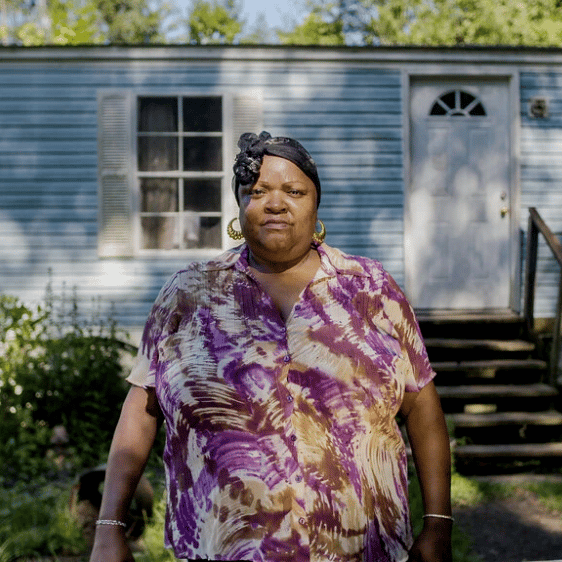
NY Times Book Review of ‘Waste’
Excerpt from The New York Times online. Originally published Nov 17, 2020. Read the complete review here.
————————————
Flowers brings an invigorating sense of purpose to the page. “Waste” is written with warmth, grace and clarity. Its straightforward faith in the possibility of building a better world, from the ground up, is contagious.
As eye-opening as it is as a chronicle of the rural sanitation crisis, “Waste” is at least as much the autobiography of an environmental justice advocate. Flowers shares the extraordinary story of her own life, in all its detours, leaps of faith, luck, strange turns, hard work and her ever-rising social consciousness.
Flowers’s parents were activists, and her childhood home in Lowndes County was a haven for civil rights leaders. She eavesdropped on front-porch strategy sessions with the likes of Stokely Carmichael and Bob Mants of the Student Nonviolent Coordinating Committee. “At the time, I did not realize I was not among common men,” she writes.
Her own organizing skills were first put to use when she campaigned against terrible educators at her high school, leading to the removal of her principal and superintendent. In college, she learned to mobilize large groups, especially in the fight to protect Alabama State University, a historically Black college, from a merger. She left school for the Air Force, and then returned to her studies as a newlywed at Fort Sill. On her first day of class, her husband of two months was injured in a freak accident during field training. His head injury resulted in amnesia, which pushed Flowers into her next great battle: agitating for health care and occupational rights on behalf of her husband, while simultaneously reintroducing herself to him. This proved taxing.
She finished her studies while advocating and caring for her husband in the hospital. “I had finished my degree program,” Flowers writes. “I also had learned an unforgettable lesson about the audacity needed to challenge structural racism no matter where it appears.” As she moves through Washington, D.C., Fayetteville, Detroit and finally returns to rural Alabama, Flowers has far more adventures than can be described here. But her growing vision for a more just future is always rooted in history, from her attunement to the ghosts in place names to the annual march from Selma to Montgomery that becomes a recurring site of connection and mobilization for her.
——————————-
Read the complete Book Review by Author, Anna Clarke, at The New York Times online…
